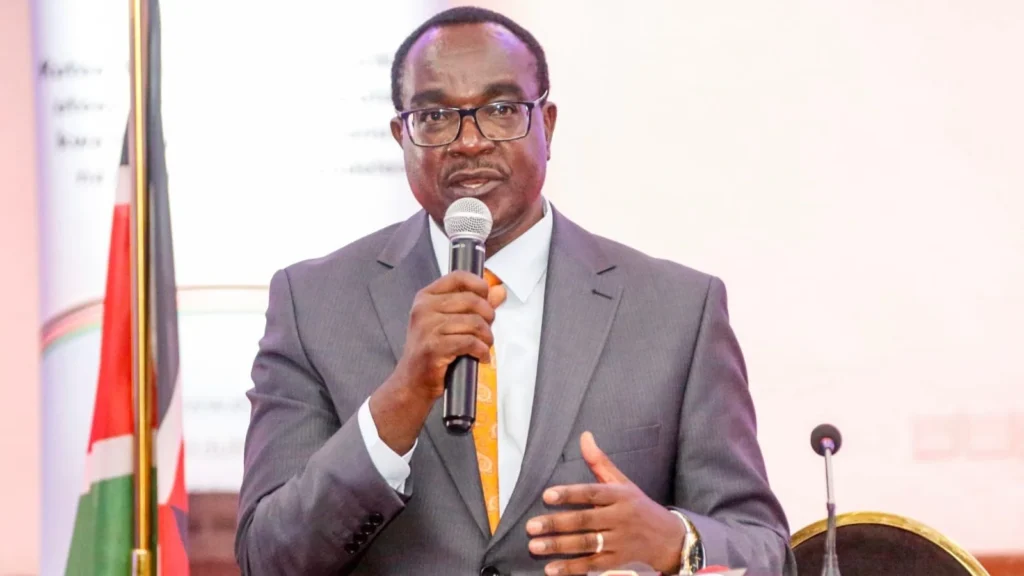The Elimu Bora Working Group has sharply criticized the government over its recent move to slash university fees by up to 40 per cent, terming the decision “arbitrary” and lacking stakeholder engagement.
The lobby is demanding that President William Ruto release the full report and recommendations of the Presidential Working Party on Education Reforms (PWPER), arguing that critical policy shifts must be guided by transparency and public participation.
“We demand that President Ruto provide a comprehensive status report on the presidential working party on education and establish the actual cost of transitioning to Competency-Based Education (CBE) with adequate preparations and infrastructure development before any further transition,” said Cornelius Oduor, a member of the group.
The lobby also wants Education Cabinet Secretary Ezekiel Machogu to issue binding circulars with enforceable mechanisms against school heads accused of extorting parents. They propose stricter auditing of school accounts and the establishment of safe reporting channels for parents facing harassment over illegal levies.
In addition, the group is pushing for annual safety audits in schools, greater investment in infrastructure, and increased capitation grants to reflect the real cost of delivering quality education.
Concerns were also raised about the government’s new higher education funding model, which classifies students into four financial categories using a means-testing instrument. According to the lobby, most students are being placed in the lowest tier Batch Four forcing them to shoulder unsustainable loan burdens.
“The new education model for tertiary education has emerged as a weapon designed to destroy public university education in Kenya. The four means testing instrument has placed more students in batch four, creating unsustainable loan burdens and forcing students to abandon their dreams or to transfer to expensive private universities,” noted Maxwell Magawe, another member of the group.
The Elimu Bora Working Group argues that without proper funding, transparent reforms, and stakeholder involvement, Kenya risks weakening its public university system, deepening inequality, and undermining access to higher education.

